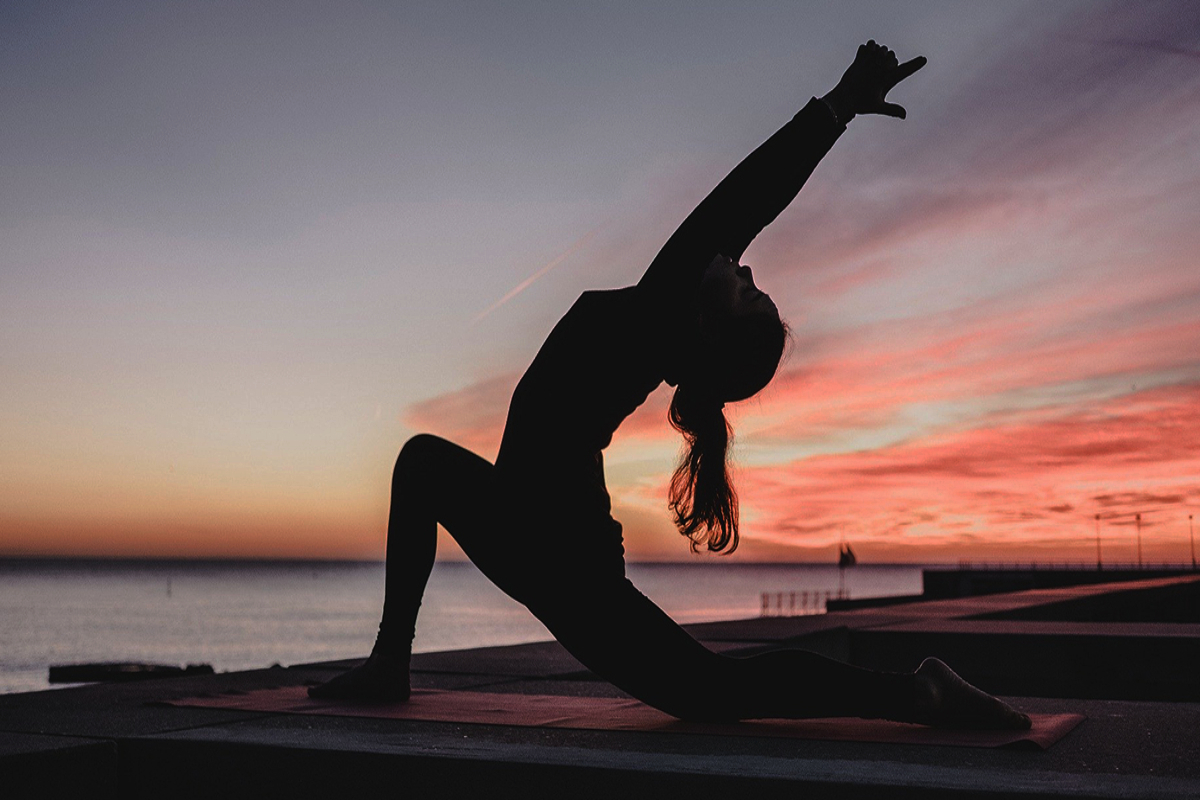A new study has revealed that if a person exercises regularly, he/she will have lower risk of Covid-19 infection. Beside this the chances of hospital admission and death also reduces in that person.
For better protection, it further suggests 150 minutes of moderate intensity or 75 minutes of vigorous intensity physical activity weekly.
Advertisement
“Our findings highlight the protective effects of engaging in sufficient physical activity as a public health strategy, with potential benefits to reduce the risk of severe Covid-19,” said researchers, including Yasmin Ezzatvar from the Universitat de Valencia in Spain.
Reduces risk of infection upto 11 percent
The pooled data analysis, published in the British Journal of Sports Medicine, showed that, overall, those who included regular physical activity in their weekly routine had an 11 percent lower risk of infection with SARS-CoV-2, the virus responsible for Covid-19.
Death risk lower by 43 percent
The study also found that persons with regular physical activity had a 36 percent lower risk of hospital admission, a 44 per cent lower risk of severe Covid-19 illness, and a 43 percent lower risk of death from Covid-19 than their physically inactive peers.
The maximum protective effect occurred at around 500 Metabolic Equivalent of Task (MET) minutes a week, after which there were no further improvements.
For the study, the team searched three major research databases for relevant studies published between November 2019 and March 2022, and from an initial haul of 291, pooled the results of 16.
1,853,610 adults participated across the world
The studies included 1,853,610 adults, just over half of whom (54 per cent) were women. The average age of participants was 53.
Most of the studies were observational and were carried out in South Korea, England, Iran, Canada, the UK, Spain, Brazil, Palestine, South Africa and Sweden.
The researchers caution that the analysis included observational studies, differing study designs, subjective assessments of physical activity levels, and concerned only the Beta and Delta variants of SARS-CoV-2 rather than Omicron, all of which may weaken the findings.
(inputs from IANS)









